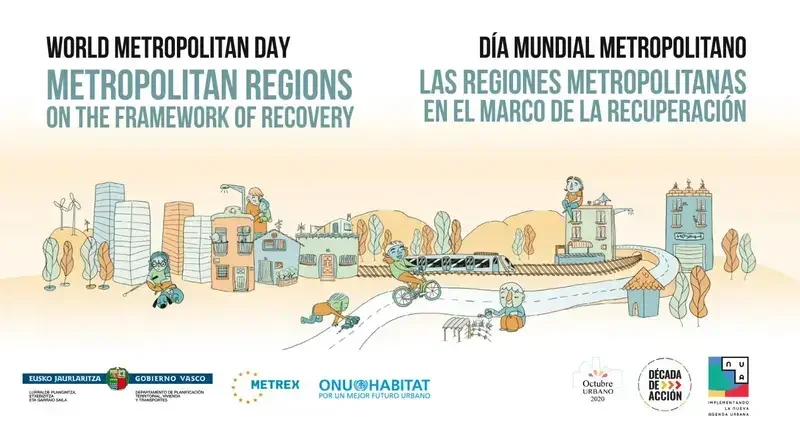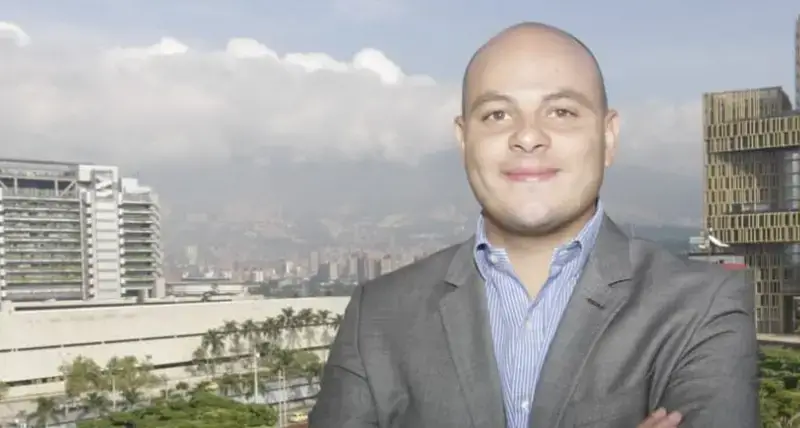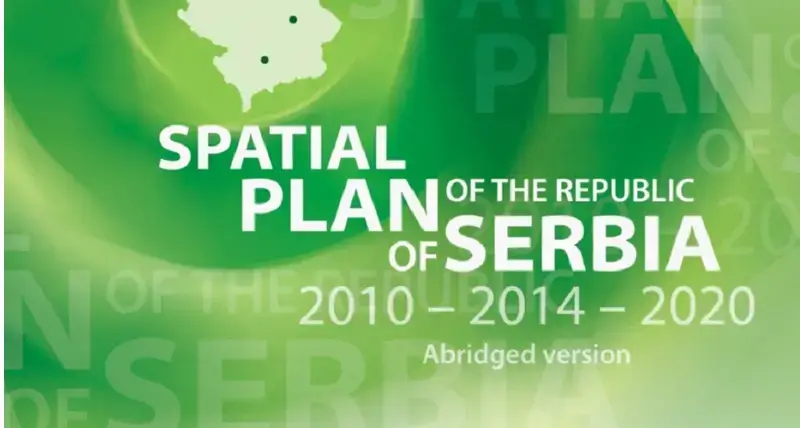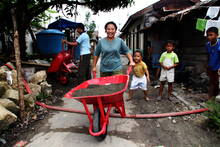Why Metropolitan Management
Cities and urban dynamics are evolving rapidly around the world. Between 2000 and 2015, cities grew by 1.5% a year in terms of area (EC OECD, 2020). Due to that expansion, many cities have grown beyond the boundaries of their central municipality configuring bigger and denser metropolises, understood as the city and its commuting zone, which consists of suburban, periurban and rural areas economically and socially linked to the city.
Metropolises of the 21st century are characterized for having strong interdependencies from economic, social, and environmental perspectives which need to be managed in an integrated way, based on functional territories and across both jurisdictional boundaries and the urban-rural continuum. UN-Habitat integrative approach for metropolitan management involves local, sub-national and national governments participation in metropolitan governance, metropolitan policies and legislation, metropolitan planning, and metropolitan finance and economics.
MetroHUB
UN-Habitat has established the MetroHUB initiative for supporting sustainable development in world’s metropolises and regions, by tailoring innovative metropolitan solutions to local contexts and informing metropolises’ decision-making processes with latest research and data. UN-Habitat work on metropolitan and regional management includes: capacity development of metropolitan and regional authorities; formulation of metropolitan sectoral policies; drafting and improvement of metropolitan legal frameworks; strengthening of supramunicipal governance schemes; designing metropolitan and regional planning instruments; and innovating on financing mechanisms at metropolitan and regional scales.
Specific objectives of the MetroHUB initiative are: i) Developing and sharing information as well as enhancing capacity development and learning; ii) Establishing a strong partnership with relevant networks and creation of a platform for linking several networks; iii) Developing and gathering practical tools and cases studies, with special reference to policies, legislation, governance, planning and finance aspects: iv) Building up a dialogue among diverse actors such as professionals, civil servants, academia, civil society and private sector; v) Promoting a shared vision and consensus on crucial projects for metropolitan development; and vi) Fostering vertical and horizontal collaboration to improve metropolitan development and ensure a participatory approach for decision making by including civil society and especially vulnerable groups such as women, youth and disabled.
Services provided by MetroHUB, namely trainings, field visits, technical assistance, normative support, knowledge exchange, studies, among other, have diverse scopes and time frames according with counterparts and beneficiaries needs and requirements. These services have already been applied, among others, in the following regions and countries: i) Latin America and the Caribbean: Colombia, Bolivia, El Salvador, Mexico; ii) Africa: Cameron, Uganda, Mali; iii) Europe: Spain
The MetroHUB Toolkit
MetroHUB has developed a toolkit for improving capacities of metropolitan managers on several topics, namely governance, planning instruments, policy development, financing mechanisms and regulatory frameworks at the regional and metropolitan levels. The toolkit consists of 3 guides:
- Metropolitan Institutions – This document on Metropolitan Institutions offers a guide for the structuring and implementing supra-municipal institutions responsible for managing metropolitan common affairs and sectorial issues with metropolitan impact. It highlights the importance of metropolitan institutions for effective territorial management and competitiveness. The guide contains tips for defining metropolitan institutions typology, characteristics, objectives, functions and structure. Also, it includes a metropolitan management methodology and recommendations for its implementation.
Metropolitan institutions facilitate territorial management, making the use of resources more efficient through territorial coordination and complementarity, identifying the vision of integrated development, building policies that respond to the intersectionality of problems, and articulating the scales of government and executing projects. The Metropolitan institutions think, plan and develop strategies for territorial competitiveness and the improvement of citizens quality of life. - Metropolitan Management and Planning Methodologies – This document on Metropolitan Management and Planning Methodologies has the purpose of strengthening the capacities and competences of the governments and local actors experimenting the metropolitan phenomena. MetroHUB methodologies give metropolitan actors a greater understanding of the metropolitan territorial dynamics, through experimental methods that lead them to propose ideas to better plan, govern, finance and manage metropolitan areas, generating skills to formulate territorial development strategies in accordance with their metropolitan realities and, based on the principle of the integration of territorial management. MetroHUB methodologies address topics such as: i) Planning of intra-metropolitan borders; ii) Governance of metropolitan interdependencies; iii) Participatory metropolitan planning; iv) Metropolitan vision and management; v) Metropolitan innovation; vi) Dialogue of metropolitan peers; vii) Innovation in metropolitan projects; and viii) Metropolitan impact of territorial projects. Furthermore, this document contains training methodologies and experience exchange to deepen the knowledge of metropolitan phenomena and metropolitan territorial management.
- Metropolitan Observatories – In this guide you will find the conceptualization and characterization of a metropolitan observatory, the basic elements of its structure, the qualities of the information it produces, the focus themes and sources of its indicators, and a route for its design and implementation. It offers a guide for generating metropolitan knowledge as technical support to strengthen capacities in metropolitan planning and development. Metropolitan observatories contribute to co-building sustainable metropolitan development, by producing quality information and monitoring metropolitan dynamics to assess progress in sustainable territorial development. Metropolitan observatories facilitate the identification of:
- Urban dynamics that affect or enhance metropolitan development.
- Metropolitan projects for equity in territorial development.
- Policies and regulations needed for metropolitan coordination.
- Territorial phenomena for land-use planning.
Global State of Metropolis 2020
In 2020 there are 1934 metropolises with more than 300,000 inhabitants representing approximately 60% of the world’s urban population. At least 2.59 billion people live in metropolises in 2020 which is equivalent to one third of the global population. 34 metropolises have surpassed 10 million inhabitants; while 51 have a population of 5 to 10 million; 494 of 1 to 5 million; and 1355 of 300,000 to 1 million.
It is projected that the number of people living in metropolises in 2035 will increase to 3.47 billion representing 39% of the global population and 62.5% of the world’s urban population. Almost 1 billion people will become metropolitan inhabitants in the next fifteen years. A new metropolis will arise every two-weeks in the next fifteen years for a total of 429 new metropolises.
The Metropolitan Management Pyramid is a methodology that allows key actors in the metropolis defining a framework for metropolitan management as well as a route for improving metropolitan planning, governance and finance.
The pyramid gathers the concept and scope of the metropolitan management model, based on the integration of governance, planning and financing, identifying 12 issues for “Leaving no one and no place behind in metropolitan management”.
Impact
Donors and partners
Collaboration with partners including national and sub-national governments and other partners is vital to UN-Habitat’s policy interventions in various countries. Jointly organised events, including Policy Dialogues, roundtable discussions and side, networking or training-events strengthen these partnerships and promote advocacy in the participating countries.
Partners
- Korea Ministry of Land Infrastructure and Transport
- Cameroon Urban and Rural Land Development and Servicing Mission (MAETUR)
- OECD
- Government of Niger State, Nigeria, Government of Zanzibar
- Korea Land & Housing Corporation
- Citie Alliance
- ISOCARP
- Food Agricultural Organization (FAO)
- Songyang County






